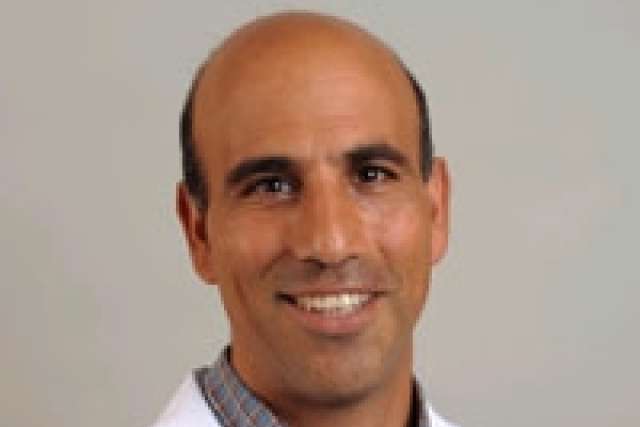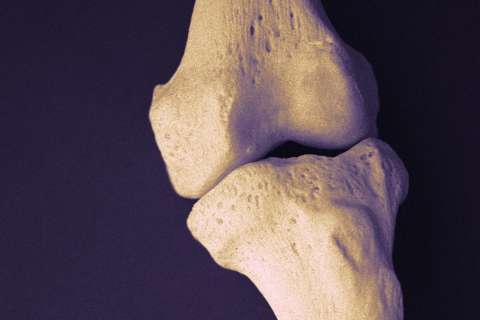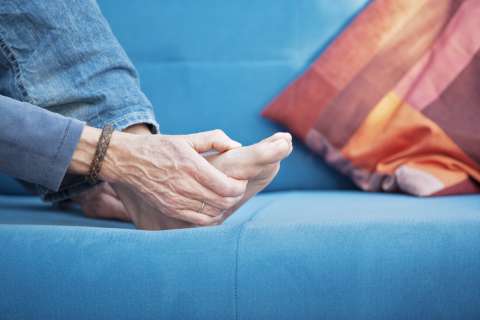Dear Doctor: My teenage daughter got the HPV shot. Should my son get it as well?
Dear Reader: The vaccine against HPV infection was initially created for females under the age of 26 to reduce the risk of cervical cancer. Human papilloma virus, or HPV, has been shown to be the cause of virtually all cervical cancer cases in women. Thus, if you decrease the possibility of infection with HPV, you would decrease the rates of cervical cancer, a disease diagnosed in 12,000 to 13,000 women in the United States each year. That's all for the good among females, but your question -- a logical one -- was about the benefit to males.
In men, HPV infection can lead to penile cancers, anal cancers and oral cancers. It has been estimated that 70 percent of cancers of the oropharynx are related to HPV. If that is the case, HPV-related cancers are diagnosed in about 11,000 men in the U.S. per year, so the vaccine would appear to have benefit for males as well.
The other benefit of the vaccine -- for both men and women -- is the prevention of genital warts. These warts are not life-threatening, but they're more than a nuisance to the people who get them. The Gardasil vaccine, the most common HPV vaccine, protects against four types of HPV. In addition to protecting against HPV types 16 and 18, which cause many HPV-related cancers, the vaccine also protects against types 6 and 11, which cause 90 percent of genital warts.
The benefits of giving boys the HPV vaccine appears to be enough to recommend giving the vaccine to your son. In addition, by giving your son the HPV vaccine, you will also decrease the likelihood that the virus will be passed on to other people. Providing the vaccine to boys nationwide will lead to less HPV in the community, which will in turn lead to a decrease in cervical, penile, anal and oral cancers.
The biggest problem with the HPV vaccines is the rate of vaccinations. Only 6 of 10 adolescent girls have started the HPV vaccine series, and only 5 of 10 adolescent boys have started it. As there is a two- to three-shot regimen for these vaccines, I can understand if your son does not want to get the vaccine simply to prevent a hypothetical cancer or wart.
However, as a society, we vaccinate against many other illnesses at a much higher rate even when the incidence of those illnesses is quite low. HPV is a very common infection and leads to multiple cancers and genital warts. I'm glad your daughter received the vaccine. Your son should get it too.
Robert Ashley, MD, is an internist and assistant professor of medicine at the University of California, Los Angeles.
Ask the Doctors is a syndicated column first published by UExpress syndicate.




